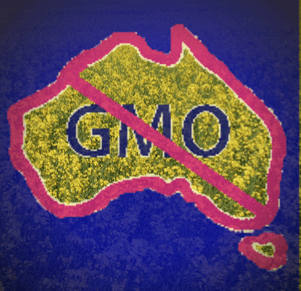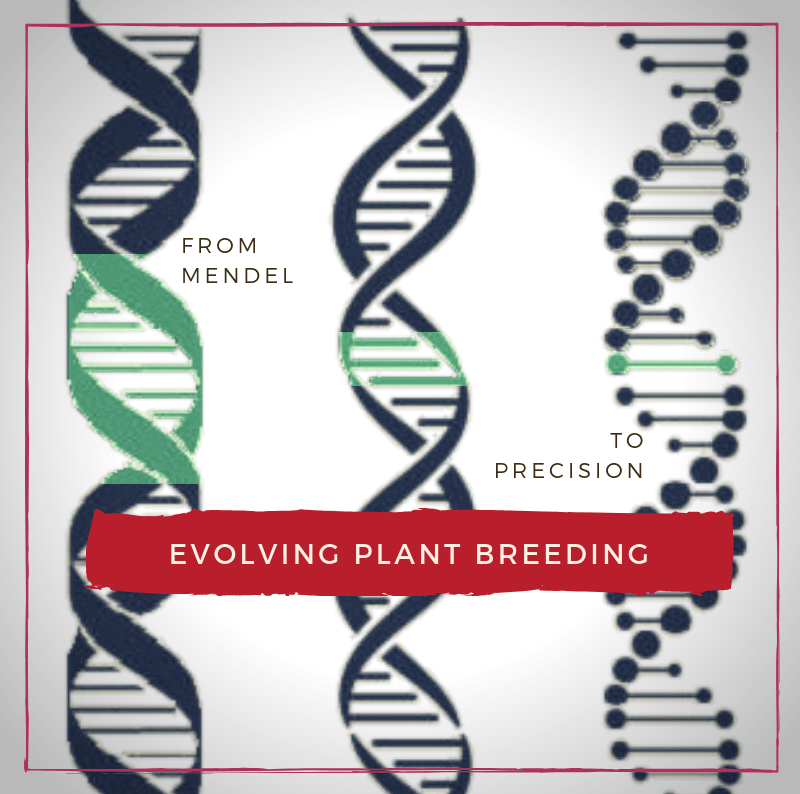Over the course of this week, September 10th-14th, Stuart has the great pleasure of being in the beautiful country of Australia with the opportunity to speak at various events. To kick off his week, he will be presenting on Sept 11th to officials from the Office of the Gene Technology Regulator, Food Standards Australia New Zealand and the Departments of Health and Agriculture about the regulation of genome editing. Later that day, he has the pleasure of presenting to the CSIRO Agriculture and Food Research Station that compares the economic and environmental benefits from GM canola adoption between Canada and Australia. If you’re attending CropLife Australia Members Forum on Sept. 12th, you can see Stuart present on the regulatory barriers and their costs to innovation, he would love to see you there and hear your thoughts on the topic. Next up, Stuart will visit the University of Adelaide’s Waite campus Thursday evening for an industry forum on GMOs held by the Grain Producers South Australia. To conclude his trip, Stuart’s final presentation will be in Adelaide on the benefits of GM crops at the Growing SA 2018 Conference. It promises to be a great week of interaction with regulators, researchers and ranchers!
Since Stuart is in Australia presenting on the topics of GM regulations, it’s only fitting that this week we share a post from September 20th 2016, on “The Cost of Australia’s GM Canola Moratorium”
By Stuart Smyth
SUBSTANTIAL ENVIRONMENT IMPACTS DUE TO REJECTION OF GM CANOLA
Canada approved GM canola in 1995 and following 2 years of seed multiplication, farmers started growing GM canola in 1997. By 2004, 75% of canola farmers in Canada were growing GM varieties. After a decade of GM canola production I surveyed farmers and found the following:
- canola farmers’ income increased by $350-400 million a year;
- the environmental impact of the chemicals applied to canola dropped by 53% when compared to the chemicals that were previously used on canola;
- the volume of chemicals applied to canola dropped by 3 million kg per year; and
- 1 million tonnes of carbon were either sequestered by the soil or no longer released from implement passes.

Australia approved GM canola in 2003. However, by 2004 a moratorium was implemented across Australia against growing GM canola. It wasn’t until 2008 when the central canola producing states, New South Wales and Victoria, lifted the moratorium, followed by Western Australia in 2010.




